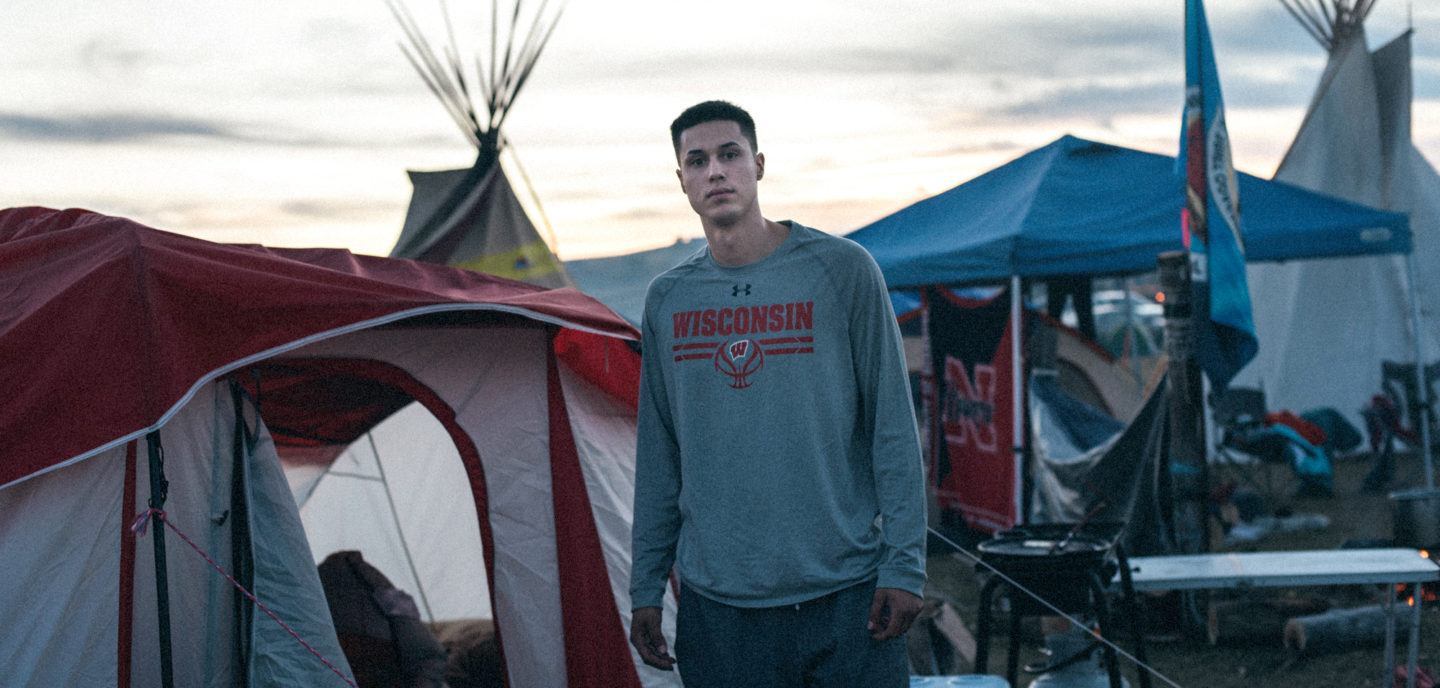On Optimism and DespairPosted in Articles, Autobiography, Europe, Media Archive, Papers/Presentations on 2016-12-22 02:28Z by Steven |
The New York Review of Books
2016-12-22
A talk given in Berlin on November 10 on receiving the 2016 Welt Literature Prize.
First I would like to acknowledge the absurdity of my position. Accepting a literary prize is perhaps always a little absurd, but in times like these not only the recipient but also the giver feels some sheepishness about the enterprise. But here we are. President Trump rises in the west, a united Europe drops below the horizon on the other side of the ocean—but here we still are, giving a literary prize, receiving one. So many more important things were rendered absurd by the events of November 8 that I hesitate to include my own writing in the list, and only mention it now because the most frequent question I’m asked about my work these days seems to me to have some bearing on the situation at hand.
The question is: “In your earlier novels you sounded so optimistic, but now your books are tinged with despair. Is this fair to say?” It is a question usually posed in a tone of sly eagerness—you will recognize this tone if you’ve ever heard a child ask permission to do something she has in fact already done…
…I realize as I write this that I have strayed some way from the happiness that should rightly attend accepting a literary prize. I am very happy to accept this great honor—please don’t mistake me. I am more than happy—I am amazed. When I started to write I never imagined that anyone outside of my neighborhood would read these books, never mind outside of England, never mind “on the continent,” as my father liked to call it. I remember how stunned I was to embark on my very first European book tour, to Germany, with my father, who had last been here in 1945, as a young soldier in the reconstruction. It was a trip filled, for him, with nostalgia: he had loved a German girl, back in 1945, and one of his great regrets, he admitted to me on that trip, was not marrying her and instead coming home, to England, and marrying first one woman and then another, my mother.
We made a funny pair on that tour, I’m sure: a young black girl and her elderly white father, clutching our guidebooks and seeking those spots in Berlin that my father had visited almost fifty years earlier. It is from him that I have inherited both my optimism and my despair, for he had been among the liberators at Belsen and therefore seen the worst this world has to offer, but had, from there, gone forward, with a sufficiently open heart and mind, striding into one failed marriage and then another, marrying both times across various lines of class, color, and temperament, and yet still found in life reasons to be cheerful, reasons even for joy.
He was, I realize now, one of the least ideological people I ever met: everything that happened to him he took as a particular case, unable or unwilling to generalize from it. He lost his livelihood but did not lose faith in his country. The education system failed him but he still revered it and placed all his hopes for his children in it. His relations with women were mostly disastrous but he did not hate women. In his mind he did not marry a black girl, he married “Yvonne,” and he did not have an experimental set of mixed-race children, he had me and my brother Ben and my brother Luke.
How rare such people are! I am not so naive even now as to believe we have enough of them at any one time in history to form a decent and tolerant society. But neither will I ever deny their existence or the possibility of lives like his. He was a member of the white working class, a man often afflicted by despair who still managed to retain a core optimism. Perhaps in a different time under different cultural influences living in a different society he would have become one of the rabid old angry white men of whom the present left is so afeared. As it was, born in 1925 and dying in 2006, he saw his children benefit from the civilized postwar protections of free education and free health care, and felt he had many reasons to be grateful…
Read the entire talk here.




